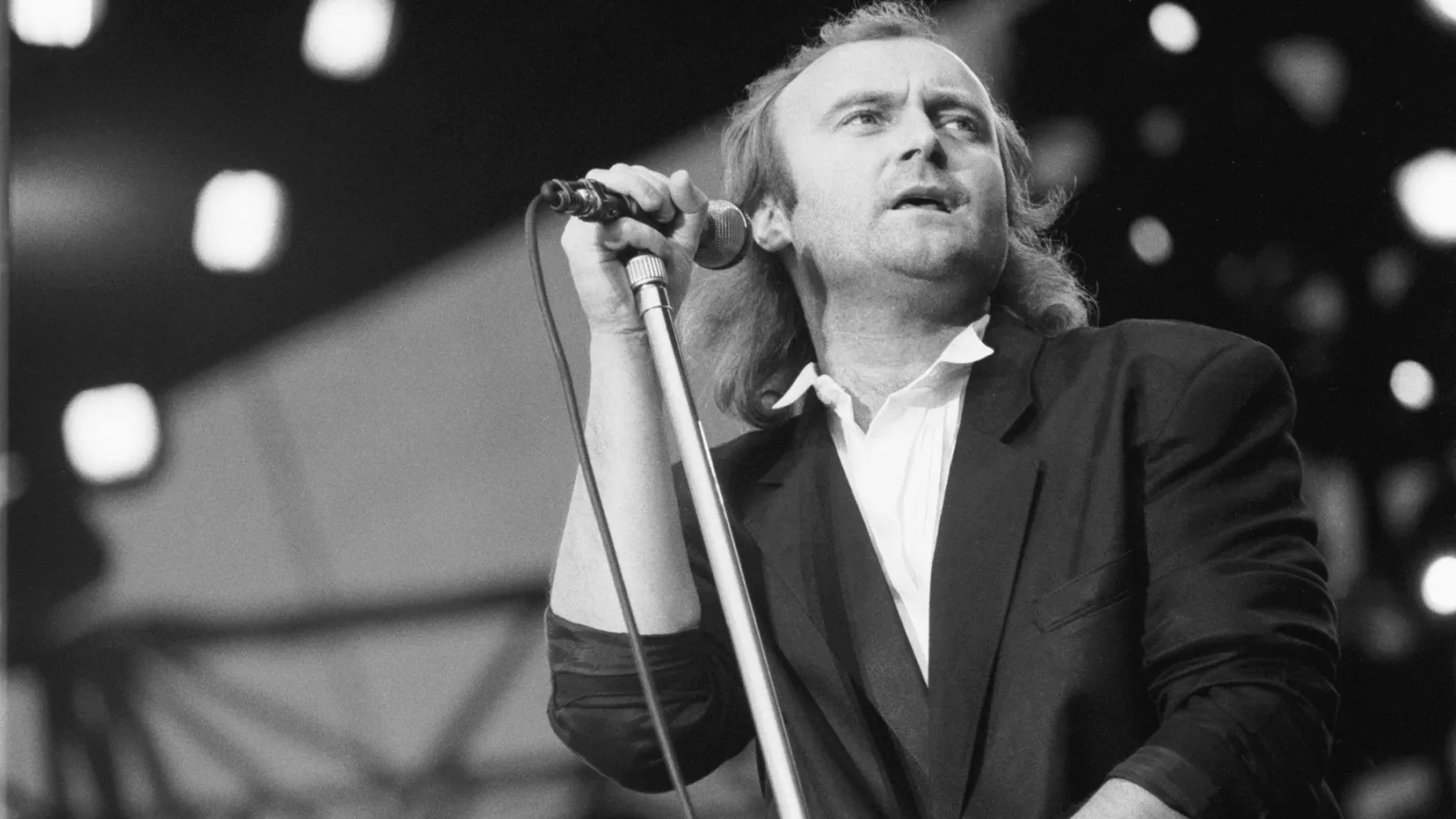
A Journey Through Time with Phil Collins and the Timeless Message of “You Can’t Hurry Love”
In the early 1980s, a time when music was as diverse as the colors of a summer sunset, Phil Collins emerged with a rendition that would become an indelible part of his illustrious career. “You Can’t Hurry Love,” originally a Supremes hit from the 1960s, was reborn under Collins’s touch, capturing the hearts of both new listeners and those who cherished the original. Released in 1982 as part of his second solo album, “Hello, I Must Be Going!”, this track carved its own path on the charts, reaching number one in the UK Singles Chart in January 1983 and solidifying Collins’s status as a versatile artist capable of bridging eras and styles.
The essence of “You Can’t Hurry Love” lies in its message—a poignant reminder that love, in all its glory and complexity, demands patience. This universal truth resonates deeply, transcending generations and offering solace to those who find themselves longing for companionship. The song’s lyrics echo the timeless advice that love cannot be rushed; it must be nurtured and allowed to blossom at its own pace. For many older listeners, these words evoke memories of youthful anticipation and the bittersweet journey towards finding true love.
Collins’s decision to cover this classic was not merely a tribute to the Motown sound that had shaped much of his musical upbringing but also a testament to his ability to reinterpret songs with a fresh perspective. His rendition retains the upbeat tempo and infectious rhythm of the original while infusing it with his distinctive style—a blend of pop sensibilities and soulful expression. The result is a track that feels both nostalgic and invigorating, inviting listeners to reminisce about days gone by while celebrating the enduring nature of love.
The story behind Collins’s cover is as intriguing as the song itself. At the time, he was navigating personal challenges, including a painful divorce that informed much of the emotional depth found in his solo work. In choosing to record “You Can’t Hurry Love,” Collins sought comfort in familiarity and nostalgia, finding joy in revisiting a piece that reminded him of simpler times. This choice reflects an understanding that music can be both a refuge and a means of connection—an idea that resonates profoundly with those who find solace in revisiting beloved songs from their past.
Phil Collins’s interpretation of this classic tune also marked a pivotal moment in his career. It demonstrated his ability to cross musical boundaries and engage audiences across different genres. The success of “You Can’t Hurry Love” proved that Collins could not only produce original hits but also breathe new life into established classics, making them relevant for contemporary audiences without losing their original charm.
For many older listeners, hearing Collins’s version brings forth a wave of nostalgia—a reminder of dances under disco balls, first loves, and long-forgotten dreams. The vibrant horns and buoyant bassline transport them back to an era where music was experienced through vinyl records and transistor radios. Yet, despite these changes in how we consume music today, the song’s core message remains unchanged: true love cannot be hurried; it arrives in its own time.
As we reflect on “You Can’t Hurry Love,” it serves as a gentle reminder that some things are worth waiting for. Whether it’s love or other aspirations close to our hearts, patience often yields the most rewarding outcomes. This enduring theme ensures that Collins’s version will continue to resonate with listeners young and old alike—providing comfort through its familiar melody and timeless wisdom.
In revisiting this classic through Phil Collins’s eyes (and voice), we are reminded of music’s unique power to transcend time. It connects us with our past while guiding us toward an unknown future filled with possibilities—reminding us always that patience is indeed a virtue when it comes to matters of the heart.
